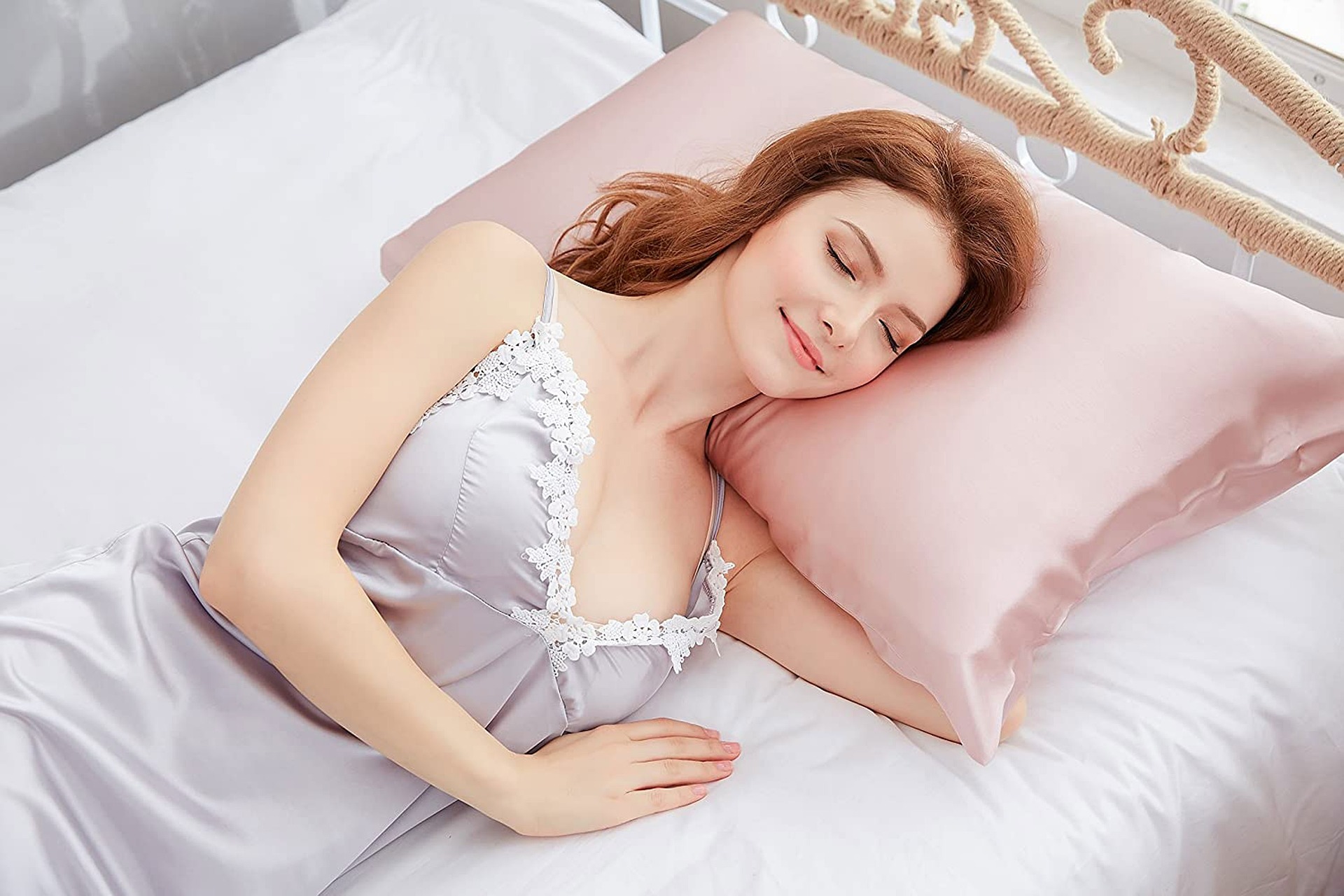Falling asleep can be a real challenge for many people, especially in today’s fast-paced and stressful world. The need for better sleep is becoming more and more crucial for our overall health and well-being. If you’re someone who has trouble falling asleep or takes a long time to do so, you’re not alone. The good news is that there are several things you can do to help you fall asleep faster. Here’s a look at some of the most effective ways to do so.
- Stick to a sleep schedule: One of the most important things you can do to fall asleep faster is to stick to a regular sleep schedule. This means going to bed and waking up at the same time every day, even on weekends. This helps to regulate your body’s internal clock, making it easier to fall asleep and wake up feeling refreshed.
- Create a bedtime routine: Developing a bedtime routine can also be very helpful in promoting sleep. This can include activities such as reading a book, taking a warm bath, or listening to soothing music. The goal is to create a relaxing environment that signals to your body that it’s time to go to sleep.
- Make your bedroom sleep-friendly: The environment in which you sleep can also play a significant role in helping you fall asleep faster. Make sure your bedroom is cool, dark, and quiet. If necessary, use curtains, blinds, or an eye mask to block out any light. You should also invest in a comfortable mattress and pillows to ensure you’re getting the best possible sleep.
- Avoid screens before bed: The blue light emitted by electronic devices such as smartphones, computers, and televisions can interfere with your body’s ability to produce melatonin, a hormone that helps regulate sleep. Try to avoid using these devices for at least an hour before bedtime.
- Limit caffeine and alcohol consumption: Both caffeine and alcohol can interfere with your ability to fall asleep and stay asleep. Caffeine, which is found in coffee, tea, and many soft drinks, should be avoided for at least six hours before bedtime. Alcohol should also be limited, especially in the evenings, as it can disrupt your sleep patterns.
- Exercise regularly: Regular physical activity can help you fall asleep faster and improve the quality of your sleep. Try to exercise for at least 30 minutes a day but avoid doing so for at least a few hours before bedtime.
- Reduce naps during the day: While napping can be tempting, especially when you’re feeling tired, it can actually interfere with your ability to fall asleep at night. Try to limit naps to no more than 30 minutes and avoid taking them in the late afternoon or evening.
- Practice relaxation techniques: Relaxation techniques such as deep breathing, meditation, or yoga can help to calm your mind and reduce stress, making it easier to fall asleep. Experiment with different techniques to see what works best for you.
- Seek help for sleep disorders: If you continue to have difficulty falling asleep despite making lifestyle changes, it’s important to seek help. Sleep disorders such as insomnia, sleep apnea, and restless leg syndrome can all interfere with your ability to get the sleep you need. Your doctor can perform tests and recommend the appropriate treatment.
In conclusion, falling asleep faster can be a challenge for many people, but it’s possible with the right approach. By following the tips outlined above and seeking help, when necessary, you can get the quality sleep you need to feel refreshed and energized every day.
- National Sleep Foundation: “Stick to a Sleep Schedule” (https://www.sleepfoundation.org/sleep-hygiene/stick-sleep-schedule)
- Harvard Health Publishing: “Creating a sleep-conducive environment” (https://www.health.harvard.edu/staying-healthy/creating-a-sleep-conducive-environment)
- Mayo Clinic: “Exercise: A drug-free sleep aid” (https://www.mayoclinic.org/healthy-lifestyle/adult-health/in-depth/exercise/art-20048389)
- American Psychological Association: “Relaxation techniques: Try these steps to reduce stress” (https://www.apa.org/helpcenter/relaxation-techniques)
- National Institute of Neurological Disorders and Stroke: “Insomnia” (https://www.ninds.nih.gov/Disorders/Patient-Caregiver-Education/Insomnia)
- National Institutes of Health: “Alcohol’s Effects on the Body” (https://www.niaaa.nih.gov/publications/brochures-and-fact-sheets/alcohols-effects-body)
- Centers for Disease Control and Prevention: “How much sleep do you need?” (https://www.cdc.gov/sleep/about_sleep/how_much_sleep.html)
These sources provide reliable information on how to fall asleep faster and the various factors that can affect sleep. By following the recommendations and tips provided by these organizations, you can improve your sleep and get the rest you need to feel refreshed and energized every day.
